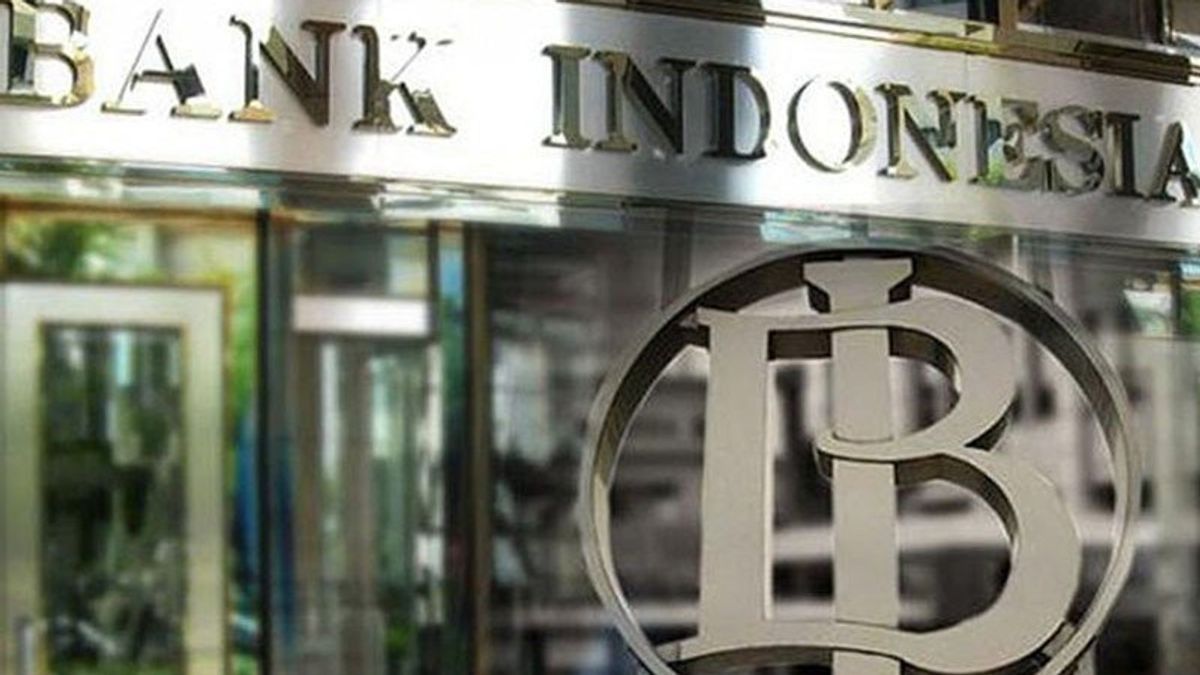YOGYAKARTA In general, Bank Indonesia (BI) is a central bank owned by the state of Indonesia. BI has various important tasks, one of which is maintaining the stability of the rupiah currency and maintaining other matters related to Indonesia's finances. To get to know the purpose and duties of Bank Indonesia, see the following article.
Quoted from the official BI website, Bank Indonesia is an independent central bank. BI carries out its duties and authorities that there should be no interference from other parties, especially the Government and / or other parties except for other things that have been previously regulated in the law.
BI's history began for a long time, namely in 1828. At that time, the Dutch government founded De Javasche Bank (DJB). This bank became the forerunner of BI which is currently in Indonesia. DJB has various functions, one of which is to print and distribute Gulden's money in the Dutch East Indies colony.
However, in 1945 when Indonesia was independent, the Indonesian government decided to issue its own currency, then known as Oeang Republik Indonesia (ORI) as a form of Indonesia's sovereignty as well as achieving international sympathy. The Indonesian government also nationalized DJB.
On July 1, 1953, the Government issued Law Number 1953 concerning the Principles of Bank Indonesia, which replaced DJB Wet in 1922.
BI's position as a central bank is getting stronger with the birth of Law no. 23/1999 on Bank Indonesia, which took effect on May 17, 1999 and as amended by Law no. 6/ 2009.
In Law No. 23/1999 concerning Bank Indonesia, several important things related to the central bank include BI's objectives and duties. It is stated that BI's goal is to achieve and maintain the stability of the value of the rupiah. This goal is carried out with three main advantages, namely monetary policy with the principle of prudence, a fast and appropriate payment system, and a healthy banking system.
Bank Indonesia's task to achieve its main goal is as follows.
BI aims to maintain stability in the value of Rupiah. This is as stated in the Bank Indonesia Law. To achieve this goal, BI is tasked with determining and implementing policies related to finance or monetary.
Quoted from the official BI website, the system of broadcasting systems is a system in which it includes regulations, institutions, and mechanisms used to transfer funds to fulfill obligations arising from economic activities.
The payment system coincides with the emergence of the concept of money as a medium of change or intermediary in a transaction.
The stability of the financial system is a condition that allows the national financial system to function effectively and efficiently as well as to survive the vulnerabilities both internally and externally. That way the allocation of sources of funds can contribute to national economic growth and stability. Financial stability is one of the responsibilities of Bank Indonesia in collaboration with other financial authorities in government.
That's information related to Bank Indonesia's (BI) goals and duties. To get the latest news, visit VOI.ID.
The English, Chinese, Japanese, Arabic, and French versions are automatically generated by the AI. So there may still be inaccuracies in translating, please always see Indonesian as our main language. (system supported by DigitalSiber.id)













